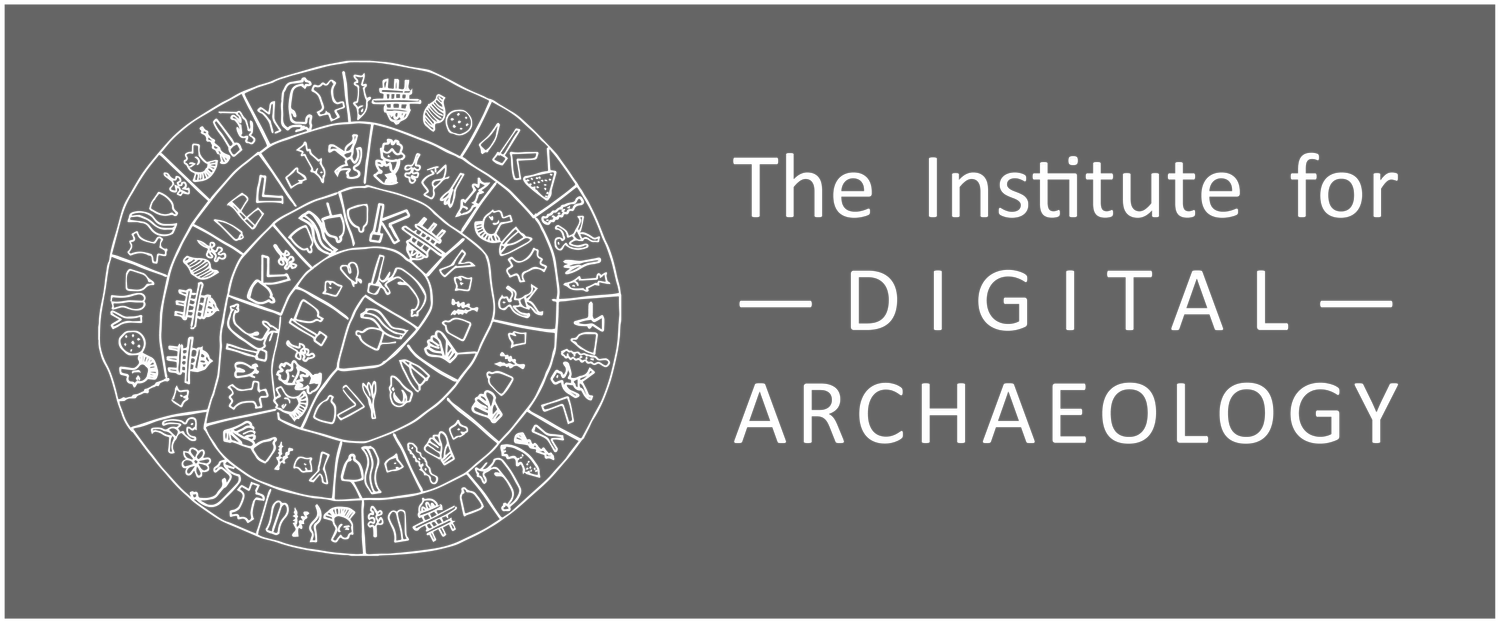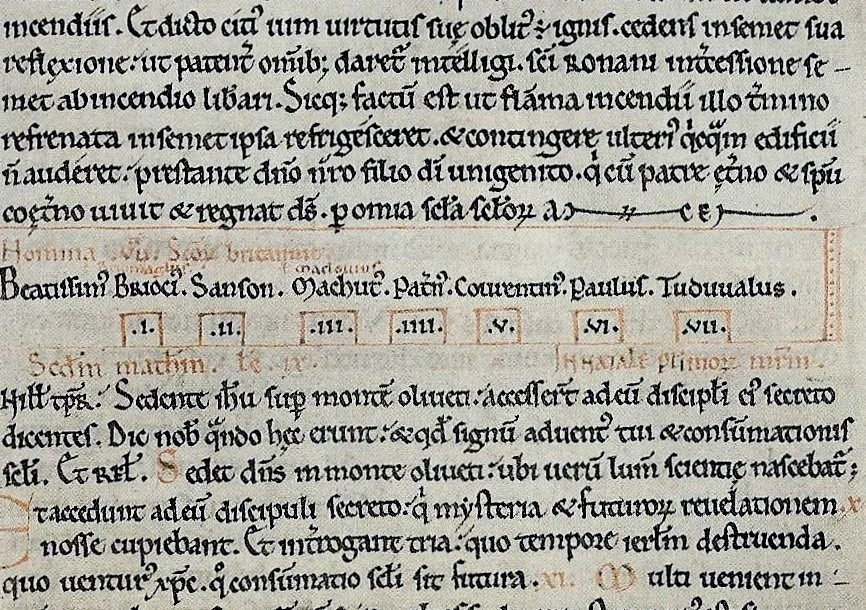Voices from the Past
19 - 20 November 2021, Oxford, UK
Voices from the Past brings together specialists working broadly on how people spoke in the past - and why this matters - in a unique, inventive symposium. Academics and practitioners share their research and discoveries on a range of topics, from how pronunciation can be meticulously reconstructed from contemporary sources through to practical conundrums in advising actors and directors on original pronunciations. This exciting event showcases the the state-of-the art of these different approaches, concerns, and priorities from cutting-edge leaders in the field.
This symposium owes its origins to the Keats Bicentennial Event on 23 February 2021, commemorating the two hundredth anniversary of the poet’s death. This exciting collaboration between experts from numerous fields brought Keats to life in CGI form, dressed in his likely attire in the room in which he died at the foot of the Spanish Steps in Rome. The IDA's CGI Keats wrapped up the event in thrilling style, reciting his last poem ‘Bright Star’, voiced by Broadway star Marc Kudisch, in the pronunciation painstakingly reconstructed by Dr. Ranjan Sen.
We are delighted to continue exploring the theme of reconstructing historical forms of language in its socio-historical context in this symposium, bringing together views from many angles to facilitate a unique perspective on this exciting enterprise.
Speakers include:
Joan Beal, Emeritus Professor of English Language, University of Sheffield and the Principal Investigator on the Eighteenth-Century English Phonology Database (ECEP) project.
John Coleman, Professor of Phonetics, University of Oxford. Learn more about Dr. Coleman’s Ancient Sounds Project.
Aditi Lahiri, Professor of Linguistics, University of Oxford, Honorary life member of the Linguistics Society of America, Fellow of the British Academy, and winner of the Leibniz Prize and Professor Sukumar Sen Memorial Gold Medal.
Chris Montgomery, Senior Lecturer in Dialectology, University of Sheffield. Specialist in non-linguists’ perceptions of language variation and real-time reactions to regional speech, as well as wider field of folk linguistics and language attitudes.
Yvonne Morley-Chisholm, Vocal coach, Associate of the Royal Shakespeare Company, Shakespeare’s Globe, and the National Theatre, and vocal profiler for the Richard III Project.
Ranjan Sen, Senior Lecturer in Linguistics, University of Sheffield and voice reconstruction consultant on the CGI Keats projects, and co-investigator on the ECEP project.
Graham Williams, Senior Lecturer in the History of English, University of Sheffield. Expert in the pragmatics of Medieval and Early Modern Englishes, historical letters, and palaeography.
The Symposium features an online Q&A with David Crystal, Honorary Professor of Linguistics, University of Bangor, writer, editor, lecturer, and broadcaster, and curator of the Original Pronunciation website.
Conference Schedule
Friday
10.00 Ranjan Sen - ‘The talking dead: resurrecting rhymes, reasons, and rhotics from Catullus to Keats’
11-11.15 Coffee
11.15 John Coleman (Zoom) - ‘Audio philology: simulating changing pronunciations from the past’
12.15-2.00 Lunch and chat
2.00 Aditi Lahiri - ‘Surface modification vs. phonological re-analysis’
3-3.15 Coffee
3.15 Graham Williams - ‘English princess, Scots queen: Some peculiar developments in Margaret Tudor’s “voice”’
4:15 CloseSaturday
10.00 Chris Montgomery - ‘People are quick to judge: Why understanding what people think about speakers is important’
11-11.15 Coffee
11.15 Yvonne Morley-Chisholm (Zoom) - ‘A voice for Richard: Exploring the man behind the myth and clues towards his vocal profile’
12.15-2.00 Lunch and chat
2.00 Joan Beal (Zoom) - ‘Voices from the Georgian stage’
Featuring a reading of an extract from Oliver Goldsmith’s She Stoops to Conquer in reconstructed eighteenth-century pronunciation by Joan Beal and Ranjan Sen
3-3.15 Coffee
3.15 David Crystal in conversation with Ranjan Sen (Zoom)4:15 Close
Some questions addressed by the Symposium are:
How can we reconstruct pronunciation and other aspects of language (English or others) from the past?
What changes has English undergone, and how do we know?
To what extent can we reconstruct the voices of specific individuals from the past?
How should we perform works from earlier periods of English using original pronunciation?
What were the social implications of speaking and perceiving different accents in the past?
How can advances in phonetics and statistical techniques help to reconstruct pronunciations?
How far back can we reasonably reconstruct pronunciations?
Why should we care about how people spoke in the past?






